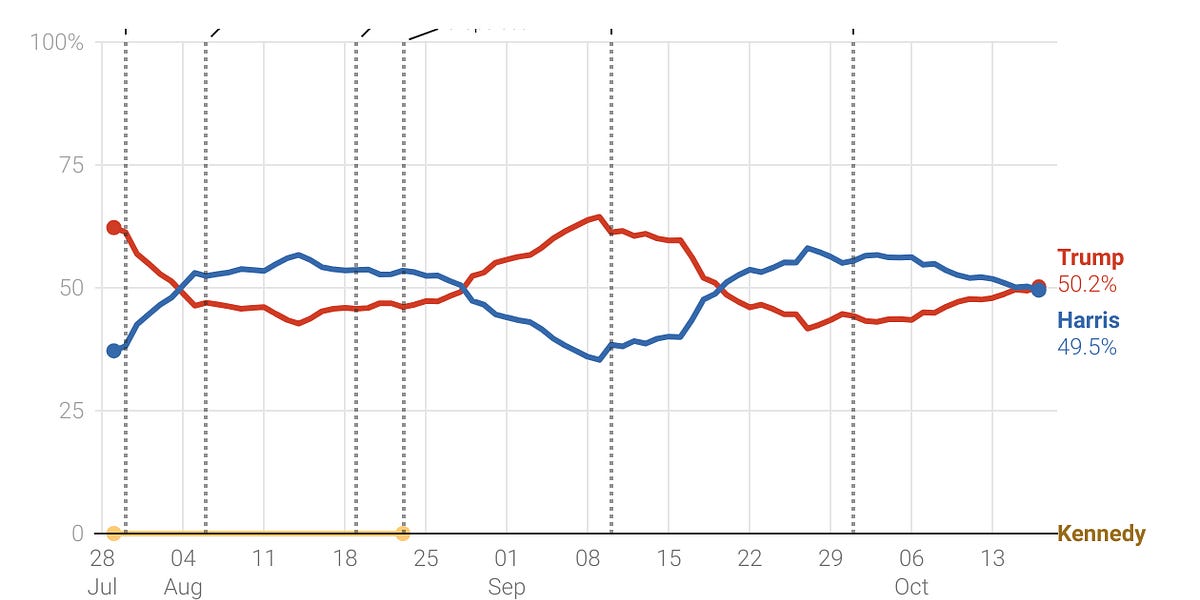

To be fair, I don’t think many of us would recognize someone who is a BMI of 26 as “overweight.” It technically is, but you’ve probably seen people regularly that are “technically” overweight but would never realize it. You yourself might be (and, statistically, are likely to be) overweight according to BMI and not realize it.
The really staggering thing is obesity. From 1960 until about 1992, it was between 15-20%. By 2000 it was 30%. These days it’s getting close to 45%.






Yes, technically, they are. But it’s unlikely you would see someone with a bmi of 26 walk by you on the street and think “that guy is overweight.”
This guy has a BMI of 26. If he had clothes on, few people are going to assume he’s overweight, even though technically he is: